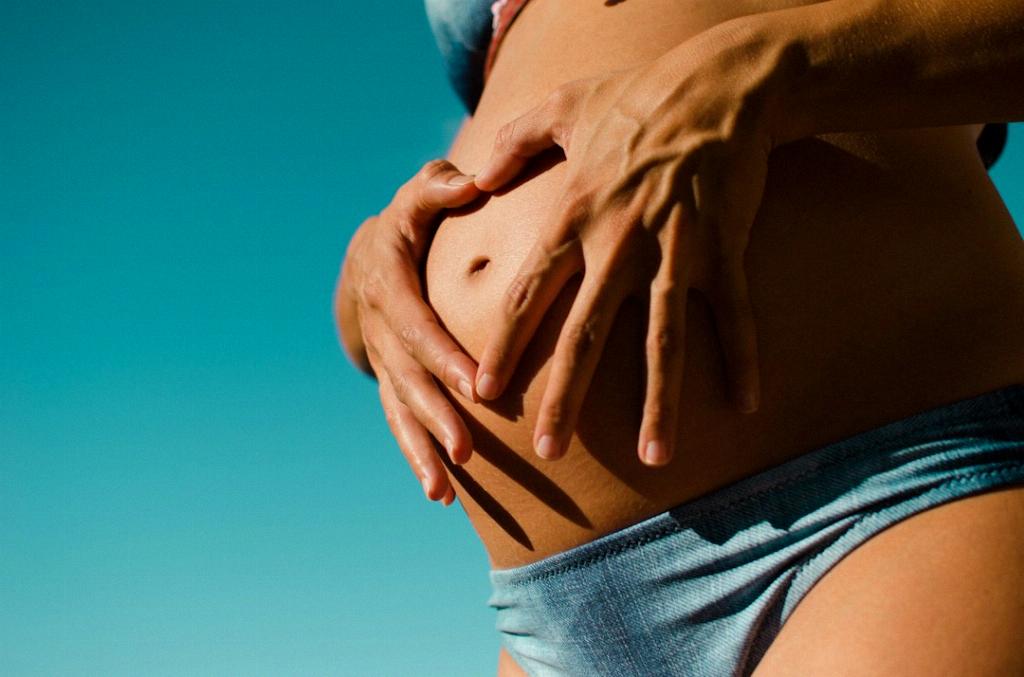When it comes to early pregnancy detection, many women are curious about the timeline between implantation dip and testing positive on a pregnancy test. Implantation dip refers to a temporary decrease in basal body temperature that may occur around the time of implantation, typically around 7-10 days after ovulation. This phase marks the attachment of the fertilized egg to the uterine lining, triggering the release of the pregnancy hormone hCG.
Production of hCG After Implantation
Following implantation, cells in the developing placenta begin producing hCG, the hormone responsible for signaling a positive pregnancy test result. Detection of hCG in the body can occur as early as 8 days after ovulation, which means that testing positive on a pregnancy test can happen several days before your expected period start date.
Timing and Accuracy of Pregnancy Tests
Pregnancy tests work by detecting the presence of hCG in urine or blood samples. While some tests claim to provide accurate results as early as 6-7 days before a missed period, it’s important to note that the accuracy of these tests can vary depending on factors such as the sensitivity of the test and the concentration of hCG in your body.
Factors Affecting Early Testing Results
Factors such as the timing of implantation, the rate of hCG production, and the sensitivity of the pregnancy test can all influence when you might test positive for pregnancy. Some women may see a positive result as early as 8-10 days after ovulation, while others may need to wait until closer to the expected period start date for accurate results.
Early Pregnancy Symptoms
While waiting to test for pregnancy, you may be on the lookout for early symptoms such as implantation bleeding, light cramping, breast tenderness, and fatigue. Keep in mind that these symptoms can vary greatly among women and may not be present in every pregnancy.
Understanding False Negative Results
In some cases, testing too early or using a less sensitive pregnancy test can result in a false negative result, even if you are pregnant. If you receive a negative result but suspect you may still be pregnant, it’s recommended to wait a few days and retest or consult with your healthcare provider for further guidance.
When to Test for the Most Accurate Results
For the most accurate results, it’s generally recommended to wait until after your missed period to take a pregnancy test. By this time, hCG levels should be sufficiently high to be detected by most pregnancy tests, reducing the risk of false negative results.
Consulting with a Healthcare Provider
If you have concerns about early pregnancy testing or are experiencing symptoms but unsure of the results, it’s best to consult with your healthcare provider. They can provide insights tailored to your individual situation and offer guidance on the next steps to take.
Emotional Impact of Early Testing
Waiting to test for pregnancy and interpreting the results can be an emotional rollercoaster for many women. It’s normal to feel anxious, excited, or apprehensive during this time, and it’s essential to take care of your mental and emotional well-being throughout the process.
Conclusion
In conclusion, the timeline between implantation dip and testing positive for pregnancy can vary among women, depending on factors such as hCG production, test sensitivity, and individual body responses. Understanding the early signs of pregnancy, knowing when to test for accurate results, and seeking guidance from healthcare professionals can help navigate this period with greater clarity and confidence.

